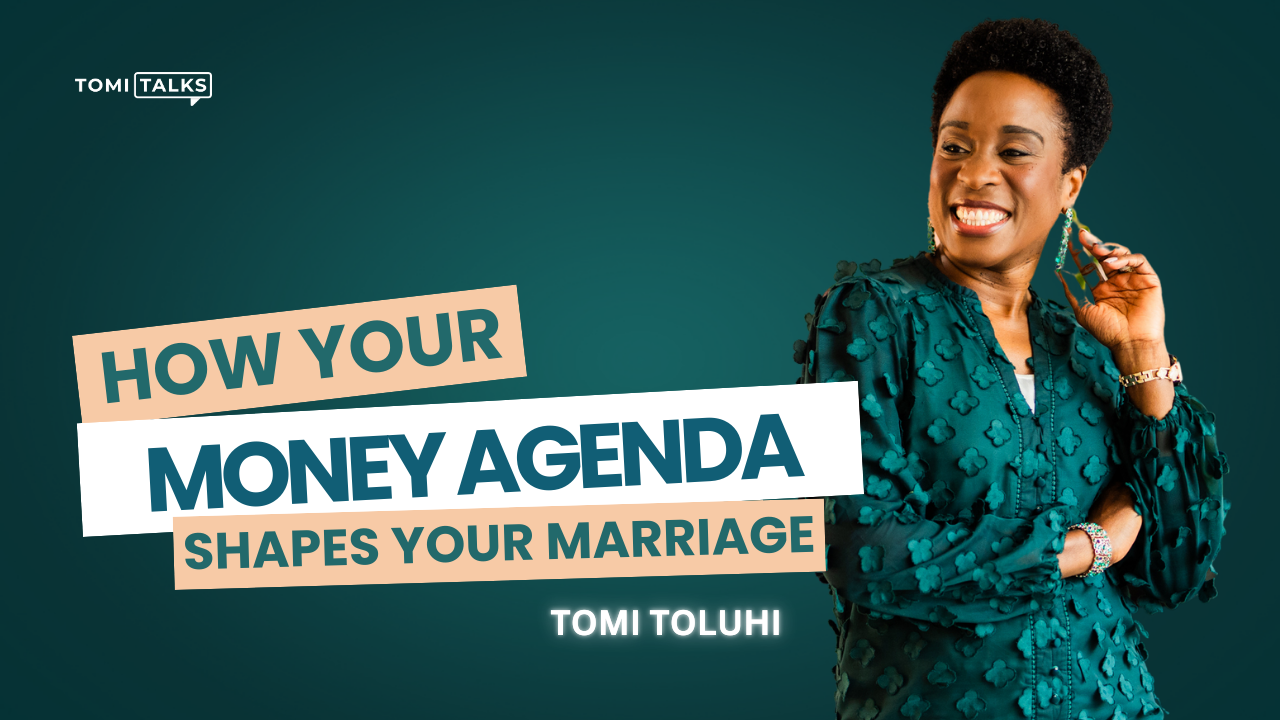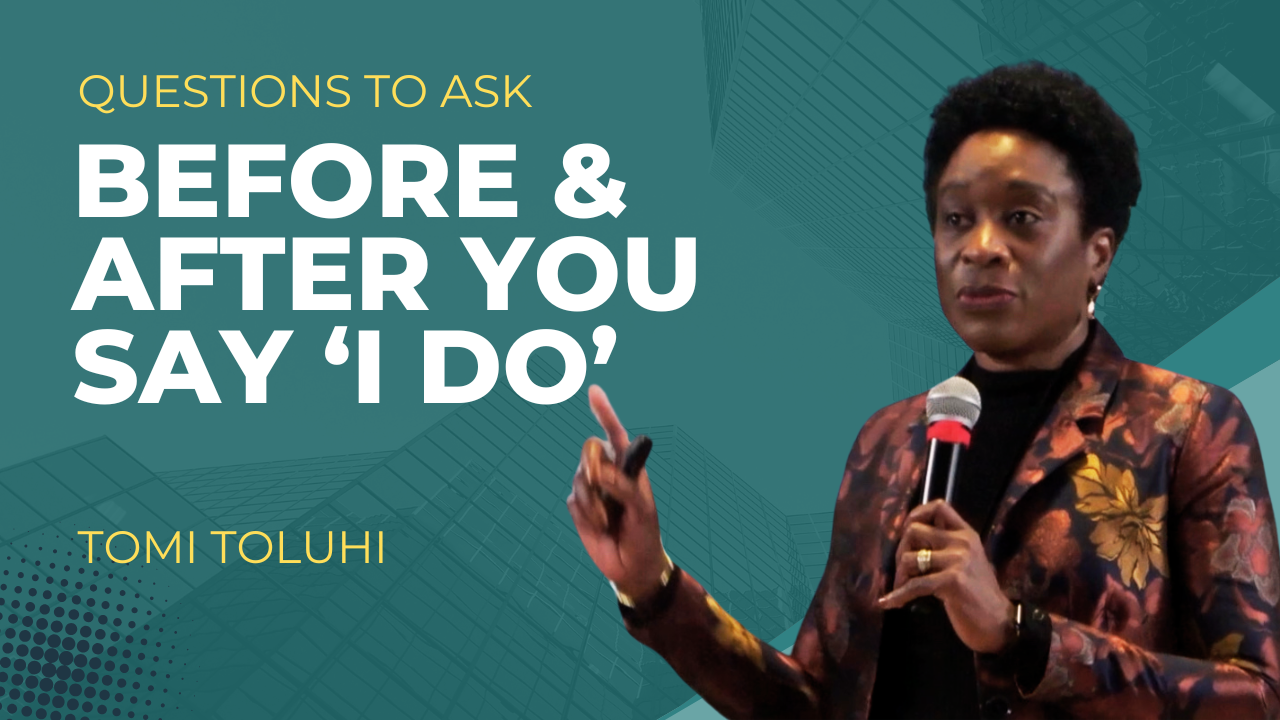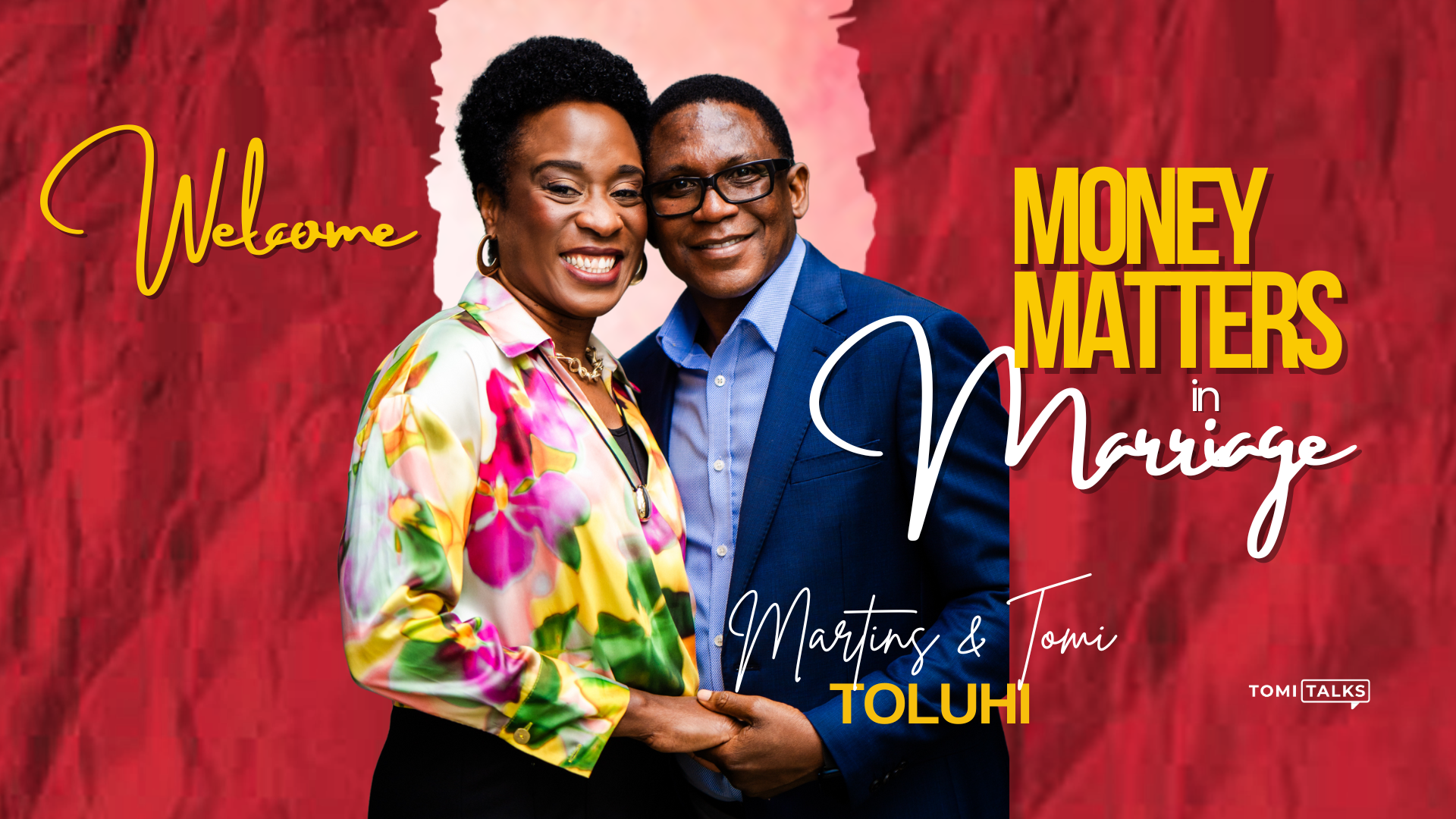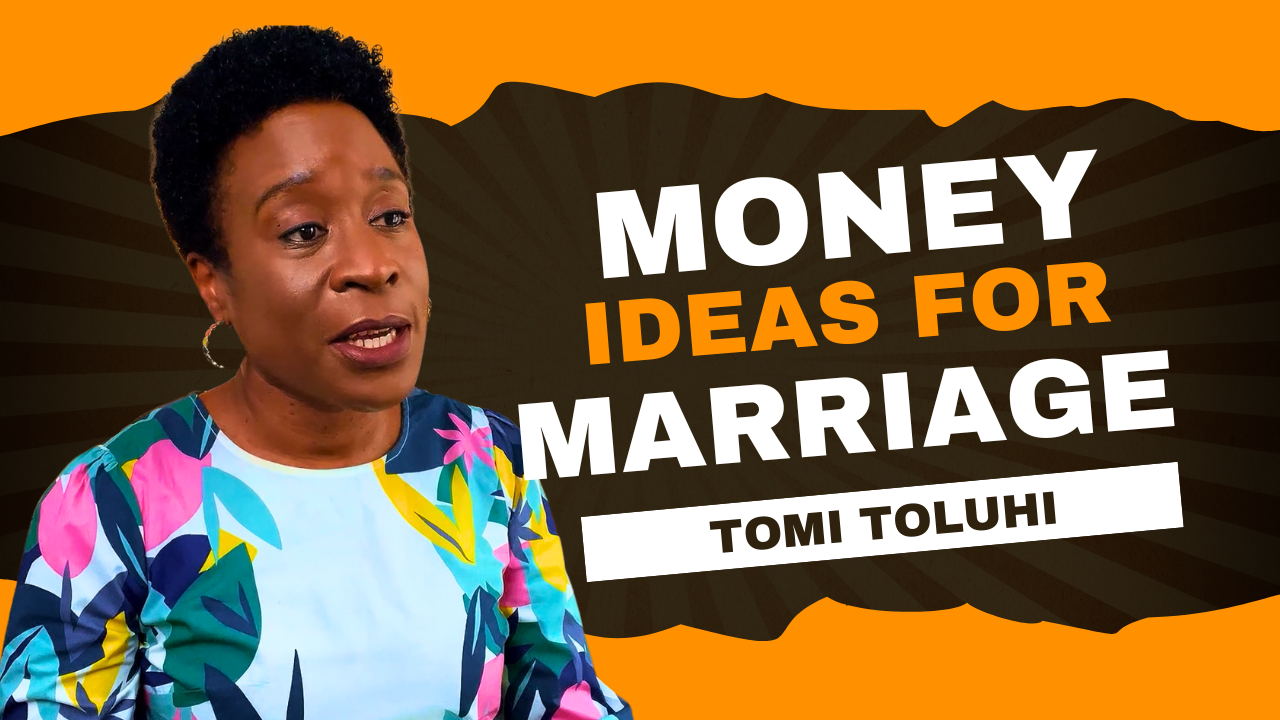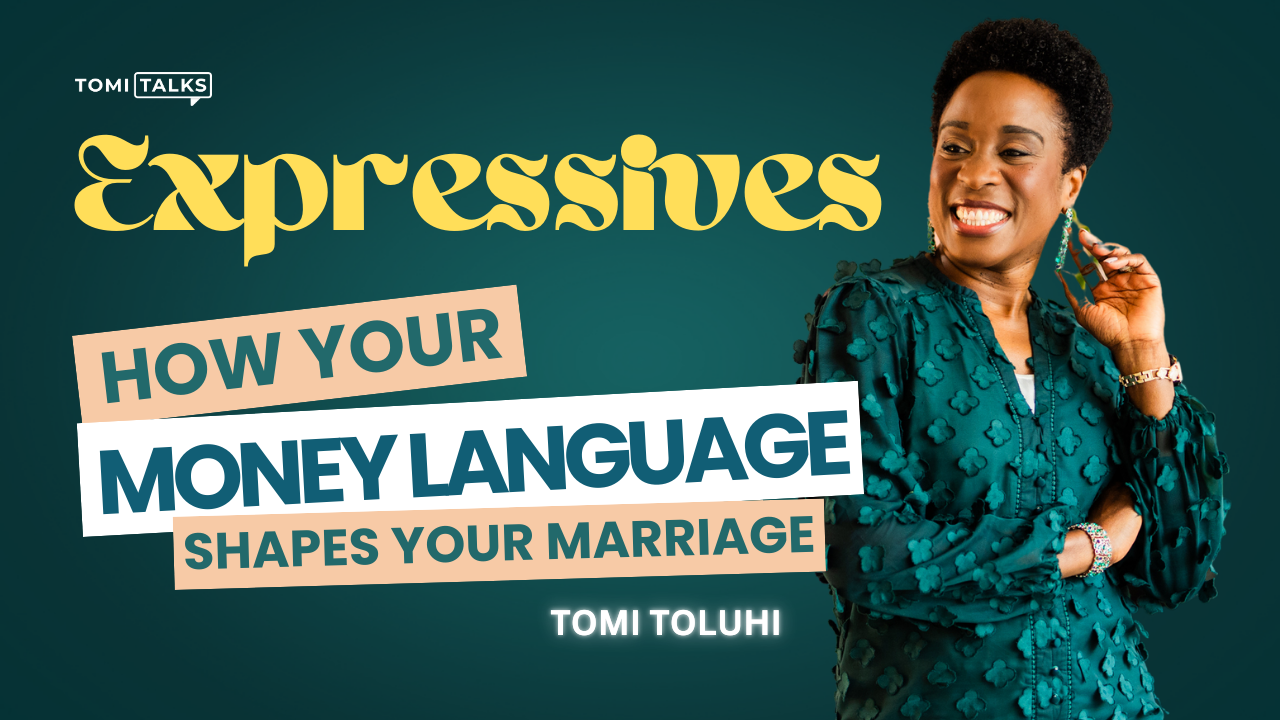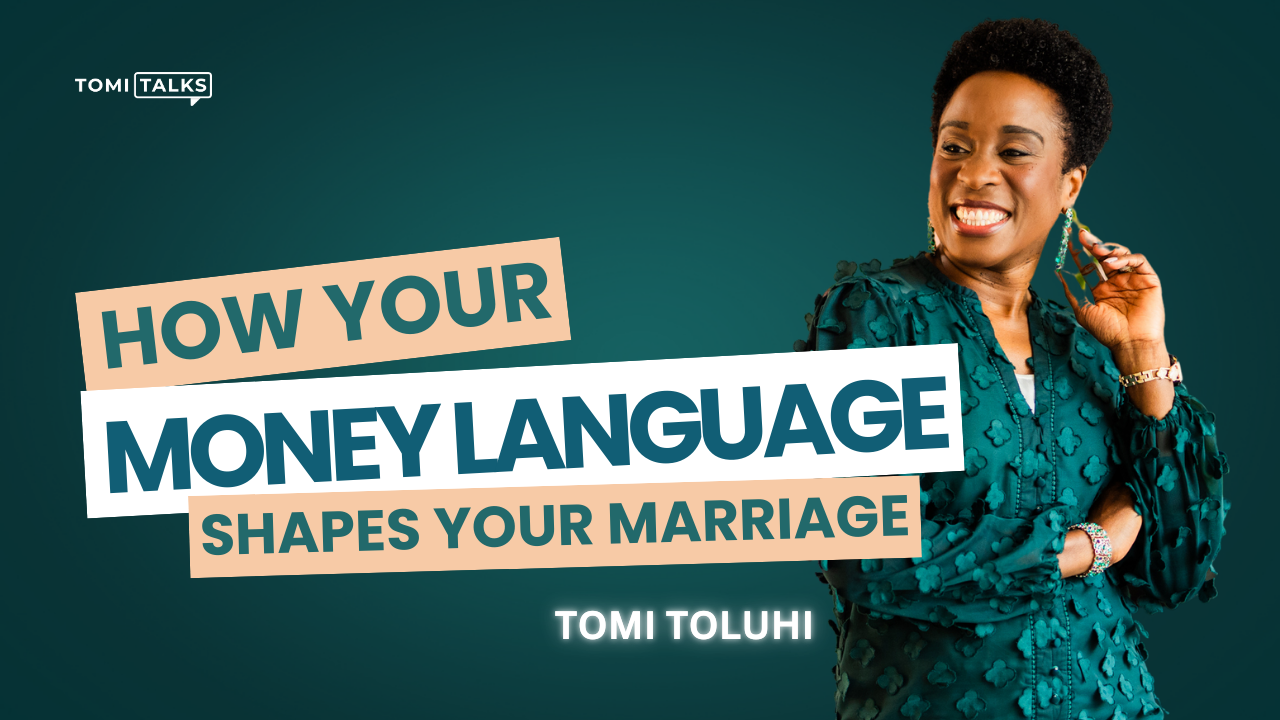When two becomes three

The moment when a first child enters a family is simultaneously a moment of intense joy and extreme pressure. The first child catapults a husband and wife into a completely different set of responsibilities and roles which neither has ever fulfilled before – father and mother. Suddenly, rather than just being responsible for each other, they also take on responsibility for a baby which is totally dependent on them for its wellbeing. What an awesome assignment. Children are a tremendous blessing but the manner in which a couple adapts to the entry of children into the family will go a long way to determine the long-term health of the marriage.
On the transition to parenthood, Dr John Gottman, the influential researcher on marriage, states that ‘While this period holds potential for great joy in a parent’s life, our research shows that shortly after the birth of their child, approximately two-thirds of couples will experience a significant drop in relationship quality’. The reasons for this are obvious: sleep deprivation, increased financial pressures when a working wife takes time off work and time pressures all conspire to put a strain on the marriage. More significantly, babies require attention; a lot of attention. It is therefore the natural response for the baby to become the centre of the parents’ focus, where previously their attention was focused on each other. This is all perfectly naturally and eventually all the displaced priorities should fall back into place as the couple becomes skilful at juggling their new responsibilities. The difficulty arises when the couple fails to make the appropriate adjustments and the child becomes the focus of the marriage rather than the product of the marriage. Misplaced priorities signal a marriage in distress.
God designed the marriage relationship to take precedence over every other human relationship. A careful study of Genesis 1 and 2 where everything began, including marriage, reveals that children were not mentioned as God’s purpose for marriage; rather the ability to multiply was conferred as a consequence and blessing of marriage. Matthew 6:21 makes a powerful statement about priorities. ‘For where your treasure is, there your heart [your wishes, your desires; that on which your life centres] will be also.’ Your pursuit follows your passion and your passion follows your priorities. If your daily pursuit is focused on being a great parent at the expense of been a great spouse your priorities are misplaced. When your children become your highest priority, you will lose passion for your spouse and pour your passion into them instead. Placing your children before your spouse means that you have taken what rightfully belongs to your spouse and invested it in your children. The God-ordained order of relationship priorities is clear. God comes first, then your spouse and after that your children.
Your children should always know that they do not take precedence over your spouse. This helps them feel secure because they instinctively recognise that your home is stable. I jokingly remind our daughters that my husband and I were first a husband and wife before we became a father and mother. They find it amusing when I say so, but it also gives them a sense of how secure our relationship is as a couple. It is a mistake to think that pouring your life into your children at the expense of your spouse benefits them. In reality, a shaky marriage makes children feel insecure. Children instinctively know when the relationship between their parents is strong. The best thing you can do to give your children a stable, loving environment to grow up in is to love your spouse. Great relationships with your spouse and children should not be mutually exclusive. You should have both, not one or the other. If you build one at the expense of the other, both will suffer in the long run.
Couples who focus on their children at the expense of their relationship usually find that when the children are gone they have no relationship left because they have neglected their friendship over the years. In some situations people feel there is nothing left binding them together once the children are gone. This often accounts for unexplainable divorces after several decades of marriage. Children should not be used as a smoke-screen to cover up an unsatisfactory marriage. If you find that all of your conversation with your spouse is centred on your children, you need to take a step back and remind yourselves of the things that drew you together in the first place. Don’t sacrifice your shared interests on the altar of parenthood. Your friendship as a couple is a cornerstone of your marriage which should not be neglected.
Couples sometimes have the mistaken belief that having children together will heal their marriage and draw them together. Leah, the first wife of Jacob, made this fatal mistake. Having swindled Jacob into marrying her rather than her sister Rachel, who was his first love, she proceeded to have one son after the other in a bid to win Jacob’s attention. Yet, Jacob remained steadfastly in love with Rachel. Leah’s mindset is clearly revealed in Genesis 30:19-20. ‘Leah conceived again and bore Jacob a sixth son. Then Leah said, “God has presented me with a precious gift. This time my husband will treat me with honour, because I have borne him six sons.” So she named him Zebulun.’ Nevertheless, this did nothing to improve their relationship. Having children together will not heal a fractured relationship. In fact, the pressures of raising children can put a strain on weak marriages and drive the partners apart. If you have marriage issues, face them squarely and sort them out. Children should not be used as plasters over deep wounds that require surgery. Children are not an insurance policy against divorce.
I end with a specific word to fathers and mothers. Some fathers become bereft when their wife has the first child because they are left on the periphery looking inwards at the growing bond between mother and child. This is why fathers should be closely involved in parenting their children from the start. That way he becomes a participant, rather than an onlooker and the baby becomes a shared bond rather than an intrusion. Children can be time-consuming and exhausting, especially for the mother in the initial stages. It’s amazing how much work a little bundle of joy can produce. When fathers and mothers share the responsibility of raising children it becomes a bond that ties them together rather than a wedge that drives them apart. And to mothers, don’t expend all your effort on being a mother to the point that you have no energy or creativity left to be a wife. If you take what belongs to your husband and give it to your children, you are robbing your marriage of its vitality and future. Keep cultivating your marriage, regardless of how many children enter the picture.
